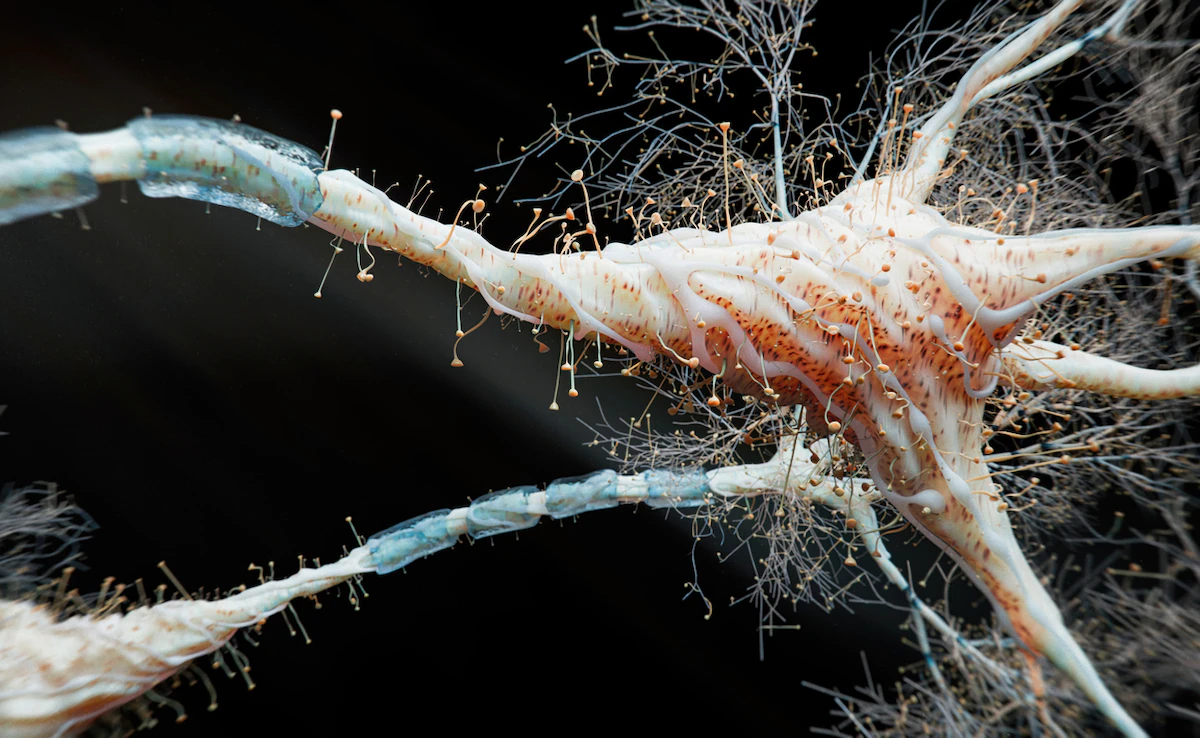A major breakthrough in neurodegenerative disease research has been announced by a team of Australian scientists, who have identified a small molecule capable of blocking brain cell death. This discovery, led by researchers at the Walter and Eliza Hall Institute of Medical Research (WEHI) in Melbourne, could pave the way for the development of new treatments for debilitating conditions such as Parkinson’s and Alzheimer’s diseases-disorders that currently have no cure or therapies to halt their progression.
The Science Behind the Discovery
Neurodegenerative diseases like Parkinson’s and Alzheimer’s are characterized by the premature death of neurons, or brain cells, leading to progressive loss of cognitive and motor functions. The underlying process, known as apoptosis, is a form of programmed cell death regulated by a family of proteins called BCL-2. Among these, the BAX protein plays a critical role as a “cell killer,” initiating the destruction of mitochondria-the energy powerhouses of cells-and triggering cell death.
In their study, the WEHI team screened over 100,000 chemical compounds to identify those capable of interfering with the activity of BAX. Their efforts culminated in the discovery of a small molecule, named WEHI-3773, which binds to BAX and prevents it from damaging mitochondria. By keeping BAX away from mitochondria, the molecule effectively halts the cascade leading to cell death, thereby preserving neuronal health.
Professor Guillaume Lessene, one of the lead researchers, explained, “We were thrilled to find a small molecule that targets a killer protein called BAX and stops it working. While not the case in most cells, in neurons turning off BAX alone may be sufficient to limit cell death”.
Implications for Parkinson’s and Alzheimer’s Disease
Currently, available treatments for Parkinson’s and Alzheimer’s focus primarily on managing symptoms rather than addressing the root cause-neuronal loss. The discovery of a molecule that can block this cell death process represents a paradigm shift. As Professor Grant Dewson, head of the WEHI Parkinson’s Disease Research Centre, noted, “Currently there are no treatments that prevent neurons from dying to slow the progression of Parkinson’s. Any drugs that could be able to do this could be game-changing”.
The research, published in the journal Science Advances, demonstrates that selectively inhibiting BAX can keep neurons alive in laboratory models. This opens a new avenue for developing disease-modifying drugs that could slow or even halt the progression of neurodegenerative diseases, offering hope to millions of patients and their families worldwide.
Next Steps and Future Prospects
While the findings are still in the experimental stage, the identification of WEHI-3773 as a BAX inhibitor lays the groundwork for the development of next-generation neuroprotective drugs. The researchers are now focused on further preclinical studies to assess the molecule’s safety and efficacy in animal models, with the long-term goal of advancing to human clinical trials.
The discovery was made possible through advanced screening technologies at Australia’s National Drug Discovery Centre and was supported by funding from the Bodhi Education Fund and the National Health and Medical Research Council.
In conclusion,
This breakthrough offers a beacon of hope in the fight against neurodegenerative diseases. By targeting the fundamental mechanisms of cell death, Australian scientists have opened the door to treatments that could transform the lives of those affected by Parkinson’s, Alzheimer’s, and potentially other conditions marked by excessive neuronal loss. As research progresses, the world watches with anticipation for the next steps toward disease-modifying therapies that could redefine the future of neurodegenerative disease management.

